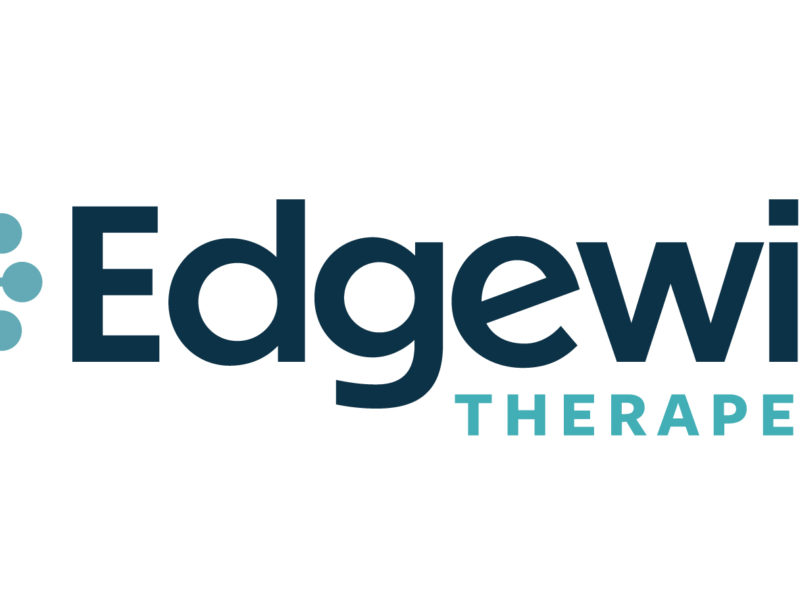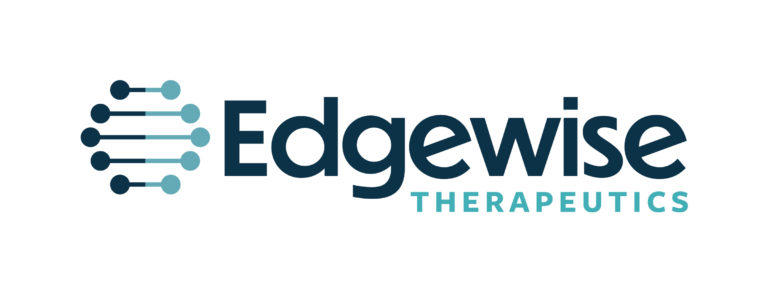On February 13th, Edgewise Therapeutics announced that the U.S. Food and Drug Administration (FDA) has granted Fast Track designation for EDG-5506 for the treatment of Duchenne muscular dystrophy.
This announcement follows the FDA’s previous decision to grant EDG-5506 Orphan Drug Designation (ODD) for the treatment of Duchenne and Becker, Rare Pediatric Disease Designation (RPDD) for the treatment of Duchenne, and Fast Track designation for the treatment of Becker.
“Every day is important for individuals living with Duchenne and their families, and we are pleased that the FDA granted Fast Track designation,” said Kevin Koch, Ph.D., President and Chief Executive Officer of Edgewise. “Our roster of regulatory designations granted to EDG-5506 highlights the urgent and critical need for new and better therapeutic options for people living with these rare and life-threatening muscle disorders.”
The FDA Fast Track Program is designed to facilitate the development and expedite the review of new therapeutics that are intended to treat serious conditions and fill an unmet medical need. The designation is granted to therapeutics that have the potential to offer a meaningful impact on survival as well as day-to-day functioning. Therapeutics that receive this designation receive important benefits that include more frequent meetings with the FDA to discuss development of the drug candidate and rolling review of the marketing application for obtaining FDA approval.
EDG-5506 – This investigational therapeutic that is an orally administered small molecule designed to prevent contraction-induced muscle damage in dystrophinopathies, including Duchenne and Becker muscular dystrophy. EDG-5506 presents a novel mechanism of action designed to selectively limit the exaggerated muscle damage caused by the absence or loss of functional dystrophin.
Ongoing trials in Duchenne include the Phase 2 placebo-controlled LYNX trial in children aged 4 to 9 years with Duchenne, and the Phase 2 placebo-controlled FOX trial in children and adolescents with Duchenne who have been previously treated with gene therapy. The Company expects to report LYNX 3-month controlled dose-ranging data in the second quarter of 2024, once the Phase 3 dose is identified.
Would you like to know more about Duchenne muscular dystrophy? Increase your knowledge and understanding of Duchenne with our bite-sized science video series.
Our videos are cover many different aspects of Duchenne and are easy to access, watch and share.
Part 1: Facts about Duchenne Muscular Dystrophy
Origin of the name Duchenne muscular dystrophy
What is Duchenne muscular dystrophy
Epidemiology and Prevalence of Duchenne Muscular Dystrophy
Part 2: Signs and Symptoms of Duchenne Muscular Dystrophy




 Winter Webinar – Marion Main
Winter Webinar – Marion Main
